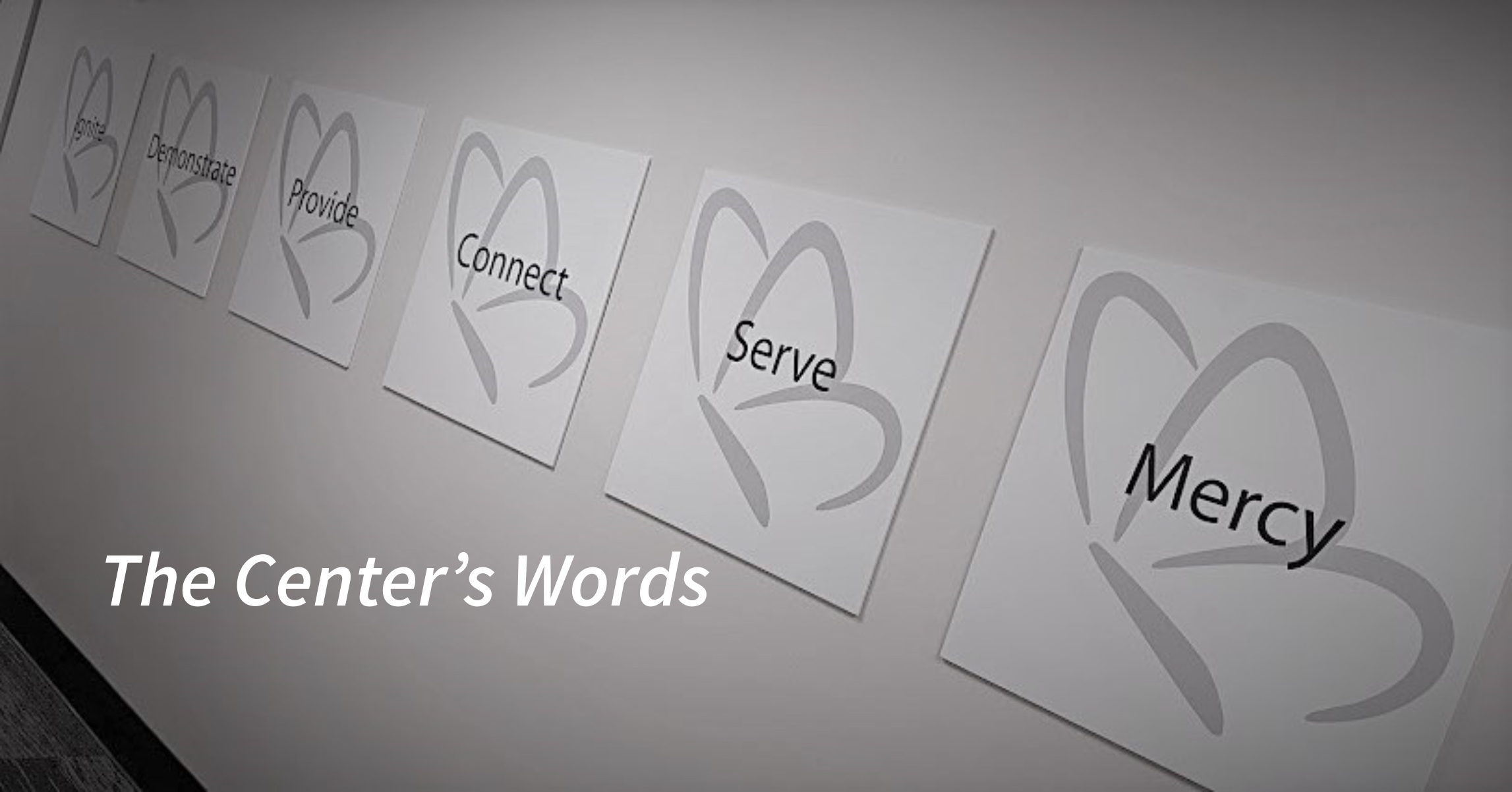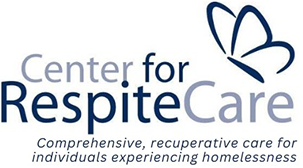
State of the Nationwide Need for Medical Respite Services

We live in a prosperous nation – yet for people experiencing homelessness; the state of our country is much different. For nearly 20 years, The Center for Respite Care has cared for people experiencing homelessness who are ill and have no place else to go. Clients are referred to the Center from local hospitals and other medical facilities. When they arrive at our door, clients are often scared, in physical and emotional pain, and feel very alone. They are welcomed by our medical team, treated with respect, and caring, and a recovery plan is devised for them.
However, it is not just about the client’s physical recovery, case management staff work diligently to make sure our clients have opportunities throughout their stay for navigating supportive services in the wider local community, along with opportunities for socialization, recreation, and education regarding healthy living. The Center’s program demonstrates that short-term, intensive case management, with low client-to-staff ratios leads to a greater level of success through the stability and long-term independence of the clients who experience it.
It is places, like the Center for Respite Care that make movement from medical recovery to independence possible. It is people like you and governments (like Hamilton County) whose contributions make the mission possible. Recently, NPR reported on an organization – similar to ours. The challenge exists across the country.
Henry Jones felt like he was at the end of the line in the summer of 1991.
“There was no way out,” he remembered thinking. “I prayed and was tired, but I couldn’t see no way out.”
Jones had been homeless in Washington, DC for 11 years, and the years had taken their toll. “I started to get sicker and sicker,” he said. “I could feel my health failing.”
One hot morning in June, Jones was in particularly rough shape — his legs ached, his stomach hurt, and his arms were trembling. A security guard had to give him a ride from the hospital parking lot to the ER because he could barely stand.
The hospital wouldn’t admit him, but a social worker referred him to a place called Christ House, a facility for homeless men who were too sick to be on the streets or in a shelter, but not sick enough to require hospital-level care.
Today, there are a growing number of programs like Christ House that provide short-term medical care for homeless people, known as medical respite or recuperative care. The growth is fueled in part by a push from state Medicaid programs to provide support to patients to prevent avoidable health care use, like emergency room visits.
I meet with other medical respite leaders annually – to learn how we can do better, and serve better, as we provide a safe place to heal. Like Christ House, we are a leader in the world of medical respite.
At the same time, our nation confronts a housing crisis. According to The New York Times, reporting on the fact finding of the Headway team (June 14, 2022)—we are in a disaster. https://www.nytimes.com/2022/05/26/headway/homelessness-housing-insecurity.html
Like any disaster, the loss of housing often strikes with a little forewarning — sometimes gradually, and sometimes after months of threatening weather that suddenly loses all restraint. But the experience of people experiencing homelessness illustrates a dynamic that has bedeviled many cities’ responses to the housing crisis: Communities often come together after collective traumas. Homelessness drives us apart.
Over the past year, the Headway team has been reporting on communities all over the country reckoning with homelessness. We asked people to tell us about their own experiences, and in the scores of messages we received, two themes emerged: Homelessness, many stressed, is a systemic, collective challenge that needs a commensurate response; and we can only truly understand how it underlying systems work by following those who are reckoning with it themselves.
In this modern world, there is a crisis – people don’t have affordable places to live, hospitals can only keep folks for so many days – and often family members don’t provide care options.
I am pleased that we, at the Center for Respite Care, continue to take innovative steps to do more for our clients – including a recent new relationship with Ohio Addiction Services. This means that we will have groups on site and one-on-one sessions weekly. With an affordable housing crisis, limited access to health care, and an ongoing opioid epidemic – it is on us to be there.

